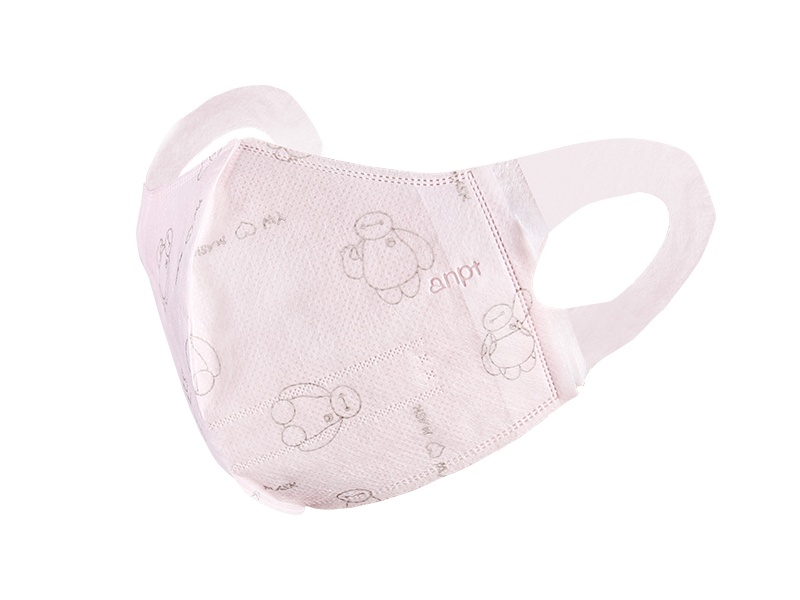News
Understand the latest news
Masks have long served as critical tools in combating public health crises throughout history, evolving in design and functionality to meet the challenges posed by infectious diseases. The role of masks, including modern innovations like the Nano Mask, extends beyond mere protection; they symbolize a society's resilience and commitment to public health in times of uncertainty.
Historically, masks have been used to mitigate the spread of diseases such as the plague, influenza pandemics, and more recently, the COVID-19 pandemic. During outbreaks, masks act as physical barriers, reducing the transmission of respiratory droplets containing infectious agents from person to person. This simple yet effective measure not only protects individuals wearing masks but also contributes to community-wide efforts to flatten the curve of infection rates.
The Nano Mask, with its advanced three-layer construction and Nano-Silver technology, represents a significant advancement in mask technology. Designed to filter out harmful viruses and bacteria with an efficacy of over 70%, the Nano Mask offers a high level of protection in crowded settings like public gatherings and concerts. Its disposable nature ensures hygiene and convenience, essential factors during public health emergencies where containment and prevention are paramount.

Throughout history, the adoption of masks during pandemics has also been intertwined with cultural and societal norms. In some cultures, wearing masks during disease outbreaks symbolizes solidarity and responsibility towards fellow community members. The Nano Mask, available in sizes suitable for both children and adults, exemplifies how modern mask technology adapts to diverse societal needs, ensuring that everyone, regardless of age, can participate in efforts to curb the spread of infectious diseases.
Environmental considerations also come into play with disposable masks like the Nano Mask. While crucial for immediate protection, the widespread use of disposable masks raises concerns about plastic waste and environmental impact. Efforts to develop sustainable alternatives or improve recycling methods for disposable masks are essential to mitigate these concerns.
Looking forward, the role of masks, including innovative designs like the Nano Mask, will likely continue to evolve as global health challenges persist. The lessons learned from historical and contemporary uses of masks underscore their importance not only as protective gear but also as symbols of resilience and collective responsibility. As societies navigate future health crises, advancements in mask technology will play a crucial role in safeguarding public health and shaping societal responses to infectious diseases.